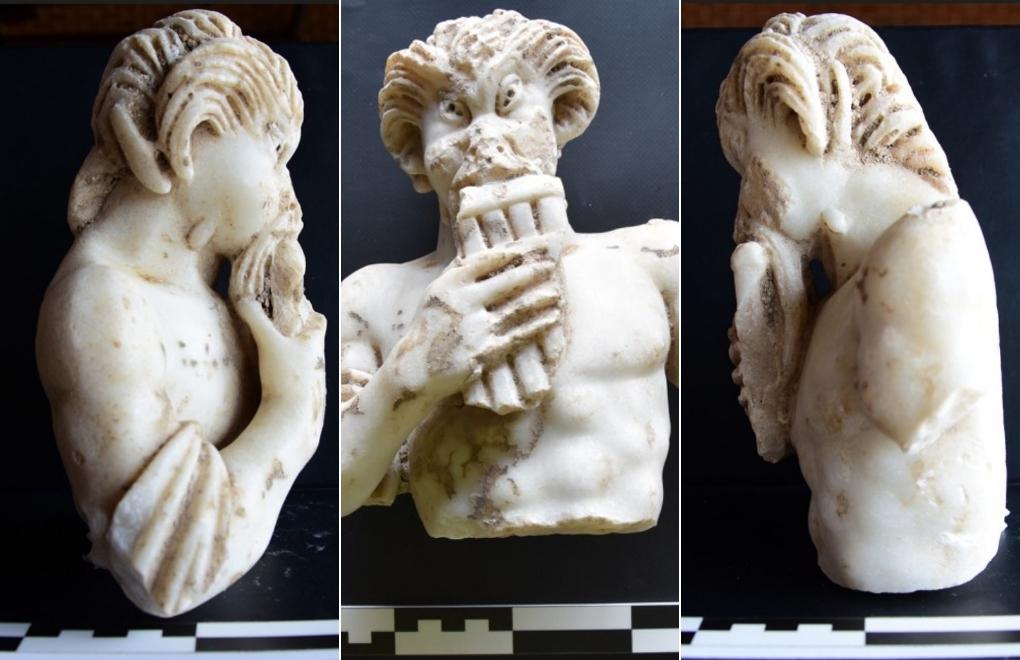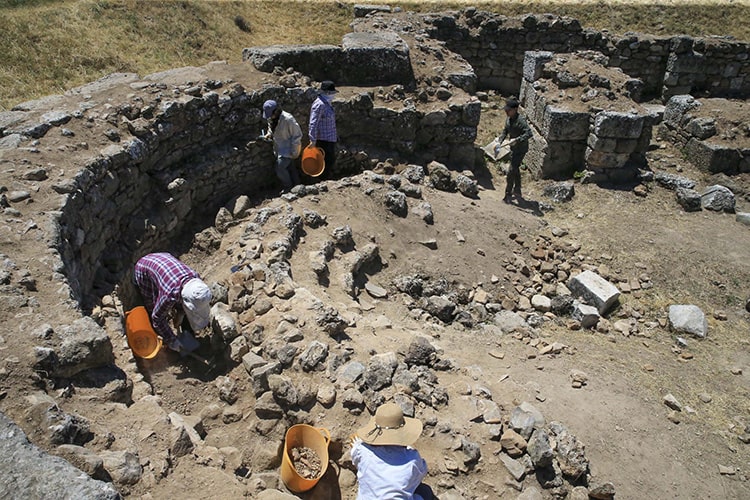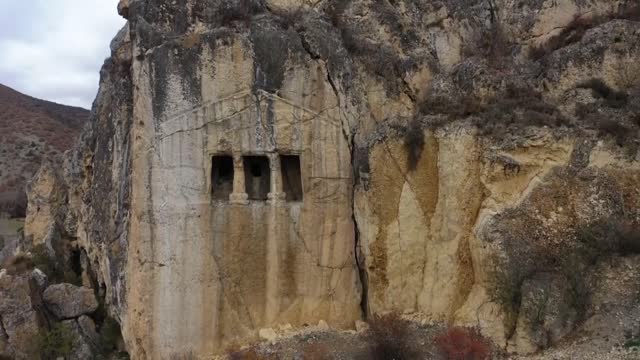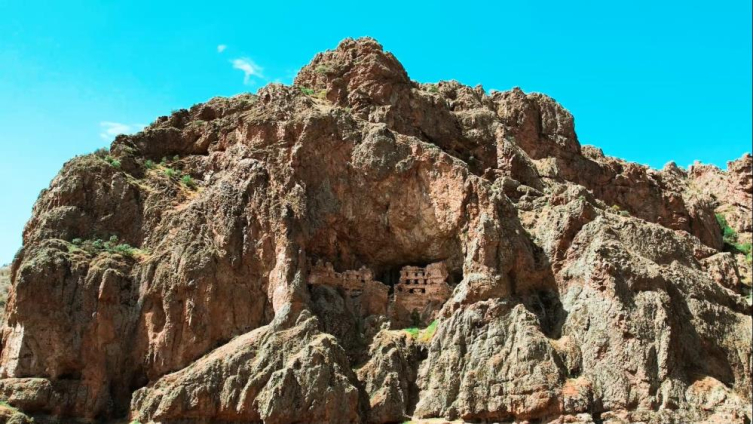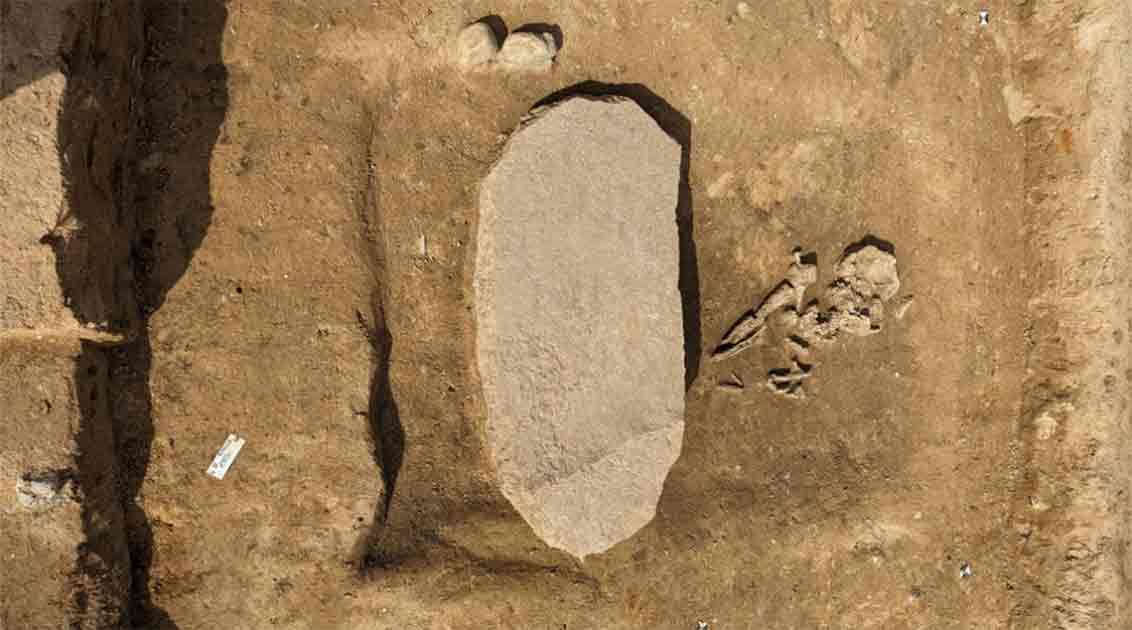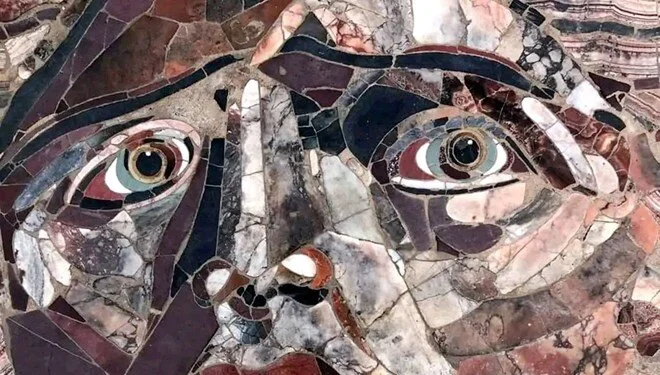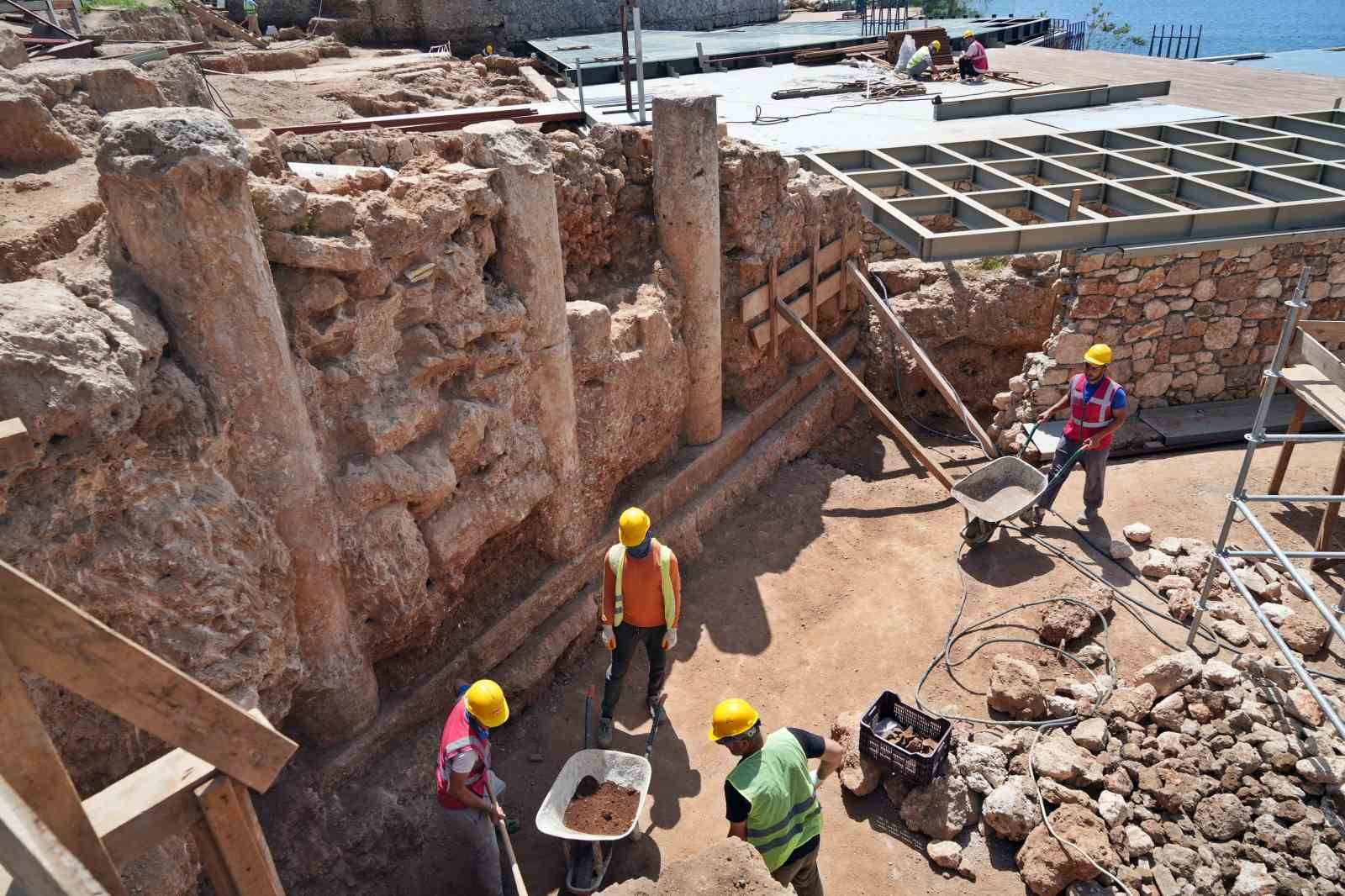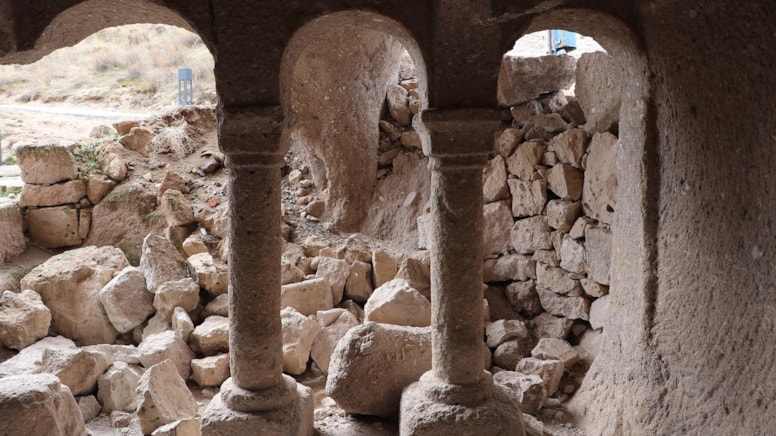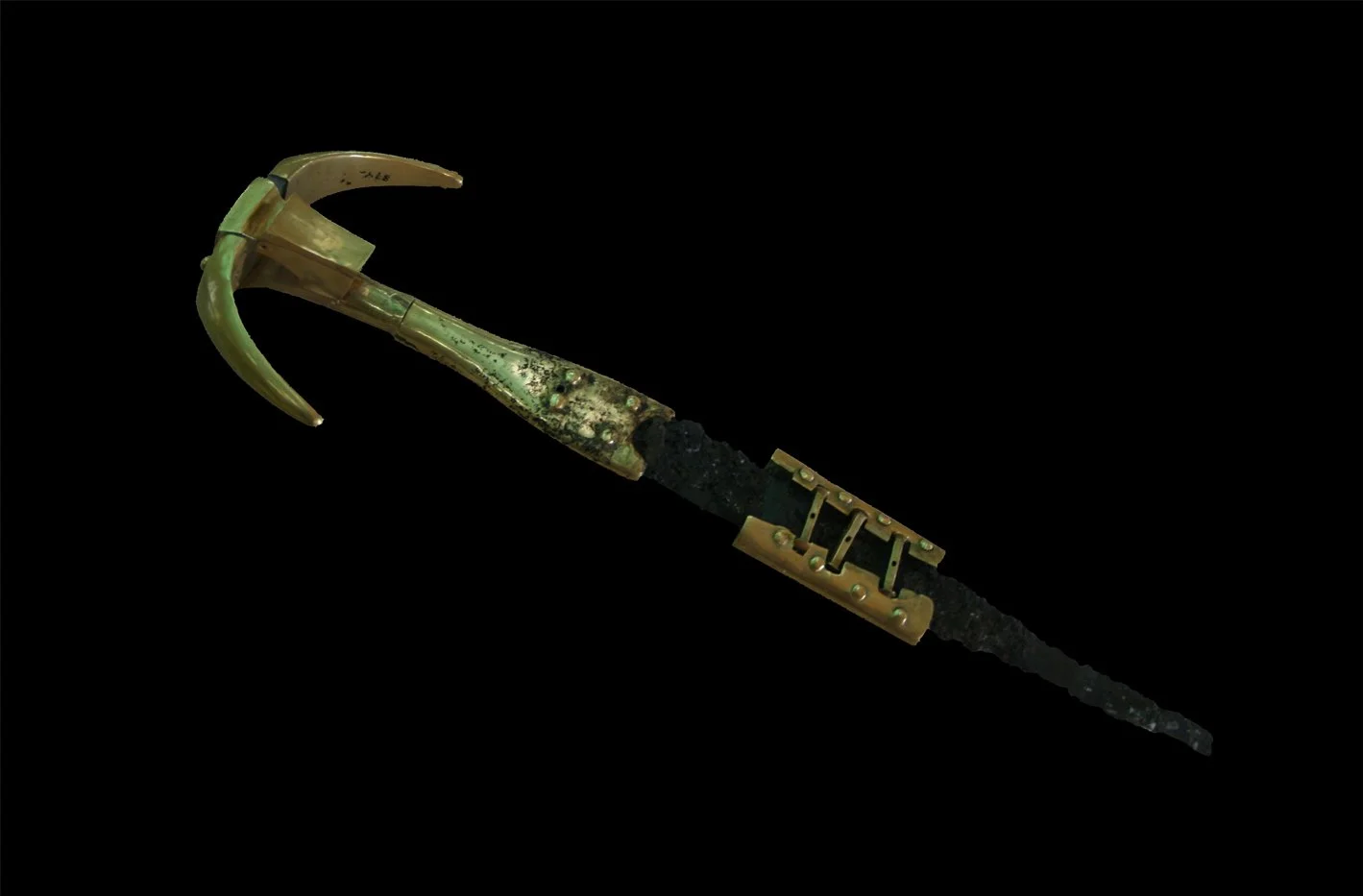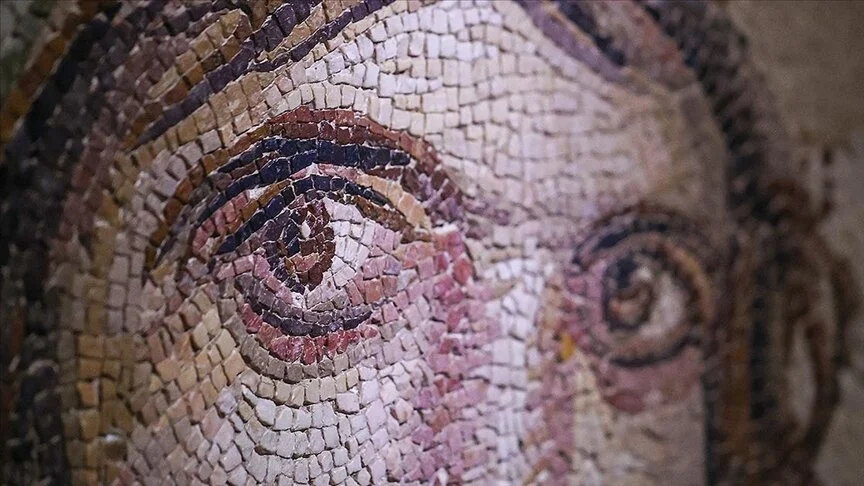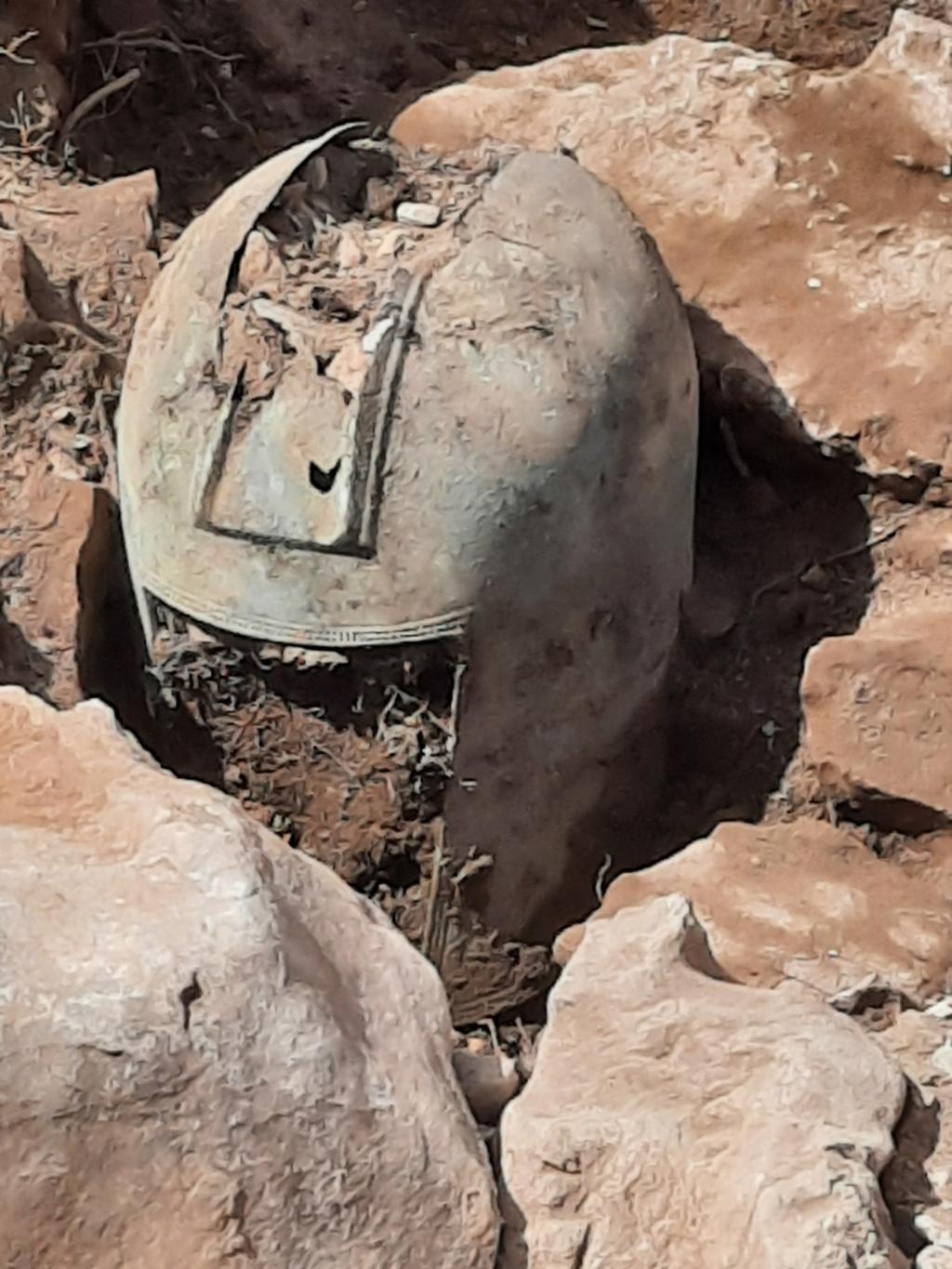Türkiye’s Popular Zeus Cave in Kuşadası Reopens After Safety Measures
The Zeus Cave, located in the Kuşadası district of Aydın and captivating visitors with its natural beauty, had been temporarily closed for safety reasons. This popular spot within the Dilek Peninsula-Great Menderes Delta National Park has now reopened its doors following meticulous work. The cave was closed to visitors as a precaution against identified risks






